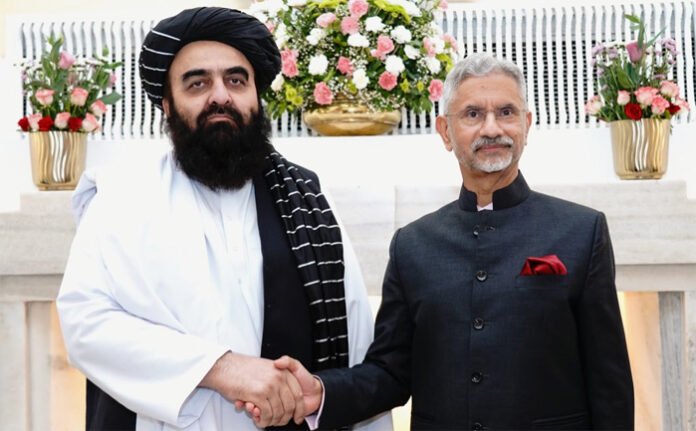In a major diplomatic shift, India has officially reopened its full embassy in Kabul, signaling a new chapter in relations with the Taliban just hours after Pakistan conducted airstrikes targeting Tehrik-i-Taliban Pakistan (TTP) militants in the Afghan capital. External Affairs Minister S. Jaishankar’s high-stakes meeting with Taliban Foreign Minister Amir Khan Muttaqi paved the way for this upgrade, with commitments toward enhanced counter-terrorism cooperation, trade, and humanitarian engagement.
The reopening ends a four-year period of limited engagement since the Taliban’s 2021 takeover, reflecting New Delhi’s pragmatic approach to regional stability. While the Pakistan strikes have sparked unverified reports of civilian casualties, analysts suggest India’s renewed diplomatic presence could bolster intelligence sharing, protect regional interests, and open humanitarian aid corridors.
Strategically, this move positions India to counterbalance growing Chinese influence in Afghanistan, while also keeping a watchful eye on cross-border terror threats. However, challenges remain: the Taliban’s compliance in curbing extremist activity and managing international expectations will be closely monitored.
The diplomatic reset is already trending on X under #IndiaInAfghanistan, prompting debate on whether India’s engagement will deter militancy or risk emboldening extremists.
What’s your take on India’s bold move in Kabul? Will it strengthen regional stability or spark new challenges?
















